 It doesn’t matter how you choose to live your life—you will always face criticism. No matter where you go in your career or how you live your personal life, for every single decision you make, any venture you undertake—someone will inevitably judge you. For one reason or another, people will find ways to project their own negativity and insecurities onto your life, and you’ll have to deal with it.
It doesn’t matter how you choose to live your life—you will always face criticism. No matter where you go in your career or how you live your personal life, for every single decision you make, any venture you undertake—someone will inevitably judge you. For one reason or another, people will find ways to project their own negativity and insecurities onto your life, and you’ll have to deal with it.
Criticism at work can affect every part of your life, and, if you don’t handle it well, negative feedback can ultimately derail your career. You can’t prevent being criticized, but you can control how you react, thus turning a negative situation into a positive one.
Many times, the more successful you become, the more you might find yourself acting as a target for criticism. I heard Brian Tracy say the following in one of his video blogs: “If you’re getting kicked in the rear, it means you’re out front.” If you’re at the top of anything, you will be criticized. Take comfort in the fact that the criticism is stemming from your success—and get used to it! Not all criticism is bad, and sometimes it can provide feedback that’s valuable for your continued success. Criticism usually represents an opportunity to make improvements.
It’s very important to learn how to handle criticism constructively. This week I’d like to discuss how to make criticism work in your favor to propel you farther down the road to success. Here are some steps to follow when you encounter criticism:
1) Ask questions. It’s easy to misinterpret the message when receiving criticism. Make sure to ask questions during the conversation. Asking questions shows that you’re eager to figure out a solution and also helps you gauge whether or not your colleague’s feedback is even relevant in the first place. Make sure to ask for specific examples and instances.
2) Don’t get defensive. Often our first response to criticism is to feel defensive. Give the person who is providing feedback a fair chance to express his or her thoughts. The other person might just have a valid point of view, and you’ll miss it if you’re busy thinking about how to defend yourself.
3) Stay calm. Don’t lose your cool, especially in a professional setting. Ask yourself, “Is it the actual feedback—or the way it’s being given—that’s making me so upset?” Great feedback can be ruined by the way it’s delivered. Conversely, if negative feedback is presented in a constructive way, it’s much more palatable and beneficial. Try to look past an ineffective delivery and stay calm.
4) Determine whether or not the criticism is accurate. Even if you are completely floored by the negative feedback at first, there might be some truth and accuracy behind it. Take a step back to evaluate the situation. Speak with mentors, family members, or other colleagues to help you assess whether or not the criticism has some validity.
5) Address the problem. Regardless of who is at fault, the problem must be addressed. This may require change or adjustment on your part, and that’s okay. Never ignore the root problem—do what you can to make it right and own your part.
When researching for this post, I found some great advice on what to do and not do in response to criticism. Here is an easy-reference checklist to keep handy:
- Do listen objectively
- Do ask for specifics
- Do get a second opinion and conduct your own research
- Do apologize—take ownership and responsibility
- Do show that you are taking feedback into consideration
- Do take corrective action
- Do learn from critical feedback
- Don’t ignore criticism
- Don’t get defensive, angry, or rude
- Don’t waste time making excuses
- Don’t react too quickly before considering the best plan of action
- Don’t blame others
- Don’t engage in a coverup
- Don’t dwell on the mistake
Guess who the biggest critic in your life usually is? You got it—you. Though criticism can come from others, it is often the strongest and most frequent inside your head. It’s much easier to point fingers at outside critics, but you must recognize that your fiercest critic usually lives between your own two ears. Working up the courage to move past your own vulnerability and uncertainty might be the greatest challenge you’ll face on the way to achieving your professional goals.
As the late Zig Ziglar stated, “It’s impossible to consistently behave in a manner inconsistent with how we see ourselves.” In other words, we can do very few things in a positive way if we feel negatively about ourselves all the time.
Come back and visit next week as we explore self-criticism in more detail and learn how to overcome this debilitating habit!








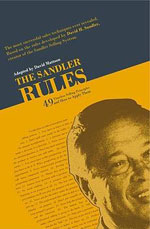



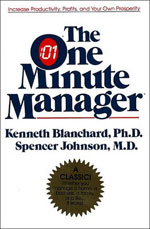
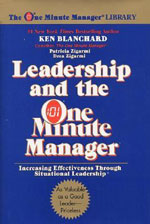
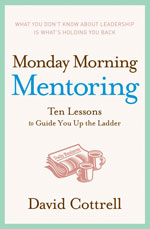
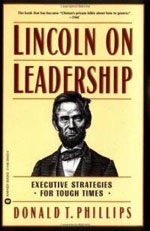

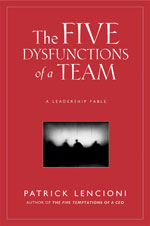
Great stuff!!Can I add, and never,ever take the criticism on your self-esteem, what you know I call in our Sandler Training , your “I”. self, worth/Identity side. Most criticism is related to a Role(R) a person performs.